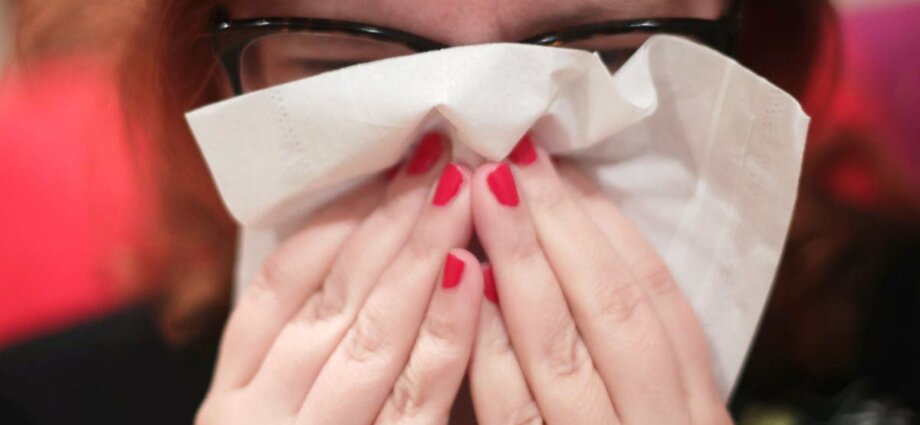Hospitals are “busier than ever” for this time of year, NHS leaders have warned as new figures show the number of people in hospital with flu is four times higher than the same period last year.
Nurses have said there is a “barely a spare bed in the NHS” as they highlighted how staff and patients are “desperately worried” about the coming weeks and months.
Health leaders have warned that the service is facing a “quad-demic” of disease going into winter amid rising cases of flu, Covid-19, norovirus and respiratory syncytial virus (RSV).
An average of 1,099 flu patients were in beds in England each day last week, including 39 in critical care – the highest recorded at this time for three years.
Figures are up on the same week in 2023, when the total was 243 with nine in critical care. It is also higher than this point in 2022, when there were an average of 772 flu patients in hospital.
NHS England has warned there were also record numbers of patients in hospital beds last week with 96,587 hospital beds occupied each day. Officials warned pressures are expected to increase further in the coming weeks.
The figures come after health officials approved the use of flu anti-viral drugs for patients who are at increased risk. According to an alert on 3 December data from the UK Health Security Agency indicated a “marked” increase in flu cases in the community, primarily within care homes.
Hospitals across the country have also warned over a spike in people admitted to A&E with flu symptoms.
NHS national medical director, Professor Sir Stephen Powis, urged eligible people to get vaccinated as soon as possible amid growing fears over the health service’s ability to cope with a ‘quad-demic’.
He said: “For a while there have been warnings of a ‘tripledemic’ of Covid, flu and RSV this winter, but with rising cases of norovirus this could fast become a ‘quad-demic’ so it’s important that if you haven’t had your covid or flu jab to follow the lead of millions of others and come forward and get protected as soon as possible.”
Commenting on the figures, Patricia Marquis, executive director for England for the Royal College of Nursing, said: “There is barely a spare bed in our NHS, with sky-high flu admissions and thousands stuck in hospital unable to be discharged due to a lack of capacity in social care.
“Before the cold weather hits, nursing staff and patients are desperately worried about what the coming weeks and months may bring.”
An average of 751 adult hospital beds in England were filled last week by patients with diarrhoea and vomiting or norovirus-like symptoms, compared with 406 at this point last year and 318 in 2022.
The total number of beds filled by patients with norovirus symptoms – including children in paediatric wards – averaged 756, up 86 per cent on the equivalent week in 2023.
The NHS situation report also shows that 36 per cent of patients arriving by ambulance at hospitals in England last week waited at least 30 minutes to be handed over to A&E teams.
This is higher than 27 per cent in the equivalent week last year and 31 per cent at this point in 2022.
Some 16 per cent of ambulance handovers last week, or 14,805 patients, were delayed by more than an hour, compared with 10 per cent at this point in 2023 and 15 per cent in 2022.
The figures come as prime minister Sir Keir Starmer has committed the government to hitting the NHS’ target to have 92 per cent of patients waiting for operations or procedures to be seen within 18 weeks.
Richard Slogett, programme director, for think tank Future Health Research told The Independent: “The latest NHS data paints a highly challenging picture as we move into winter. The rise in hospital admissions for flu raises questions for the Government and the NHS on winter planning and preparation. Flu vaccination rates are essentially flat on last year, despite the backdrop of a challenging Australian flu season, which sends a signal for our own winter.
“The government and the NHS need to urgently invest in more campaigns and capacity that can increase rates of vaccination and take pressures off over stretched hospital services. The Government is rightly championing prevention as a policy priority – it needs to now back this up and push harder on getting more vaccinated.”











